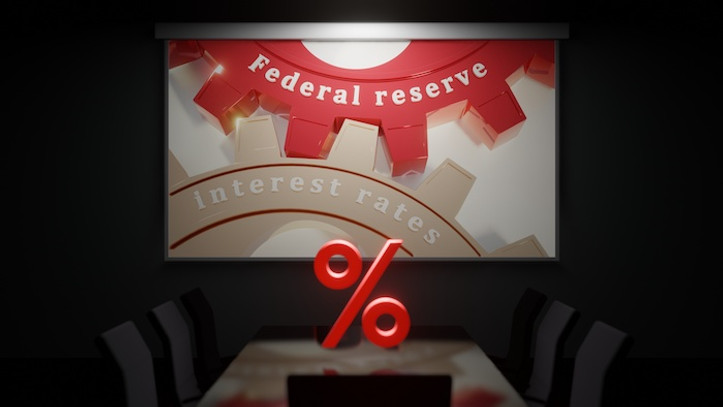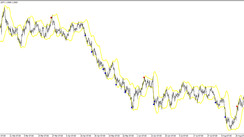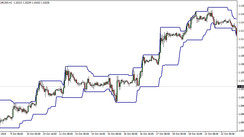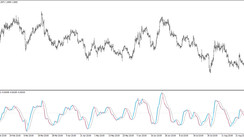The U.S. dollar fell on Monday as traders awaited Federal Reserve Chair Powell's speech and anticipated the release of the February employment data at the end of the week, which will probably determine how hawkish the U.S. Central Bank will behave. The USD index, which compares the value of the dollar to those of six significant rivals, fell 0.182% to 104.420. The index had its first weekly decline last week since January. The Fed has increased interest rates in its most recent two meetings after delivering hefty boosts last year, but a flood of strong economic data has fueled market concerns the central bank may resume its aggressive approach.
The probability that the Fed will increase interest rates by twenty-five basis points at its meeting on March 22 is 72%, according to futures. The February employment data, which is due out on Friday, and Fed Chair Jerome Powell's hearing before Congress on Tuesday and Wednesday will be the main topics of discussion. For the time being, it is asserted that underlying inflation in the United States is still stubbornly high and much beyond the Fed's 2% inflation target.
It was stated that recent data indicate consumer spending is not slowing down significantly while the labor market is unacceptably tight, and Powell will probably be hawkish in his statement.Given that Powell will talk prior to the publication of the jobs data, Citi strategists anticipate him to express a preference for a 25 bps raise while leaving all other options open. Citi anticipates a 255,000 increase in payrolls following January's massive 517,000 surge. A significant surprise to the upside might trigger a 50 basis point increase by the Fed.
Sterling was last trading at $1.2029, down 0.09% on the day, while the euro was up 0.07% to $1.0641 after rising 0.8% last week.
In anticipation of Bank of Japan Governor Haruhiko Kuroda's final policy meeting on Friday, the Japanese yen gained 0.10% to 135.74 to the dollar. The yen may suffer if Japan Governor concludes his term in a highly dovish manner, especially if U.S. yields continue to rise this week.





